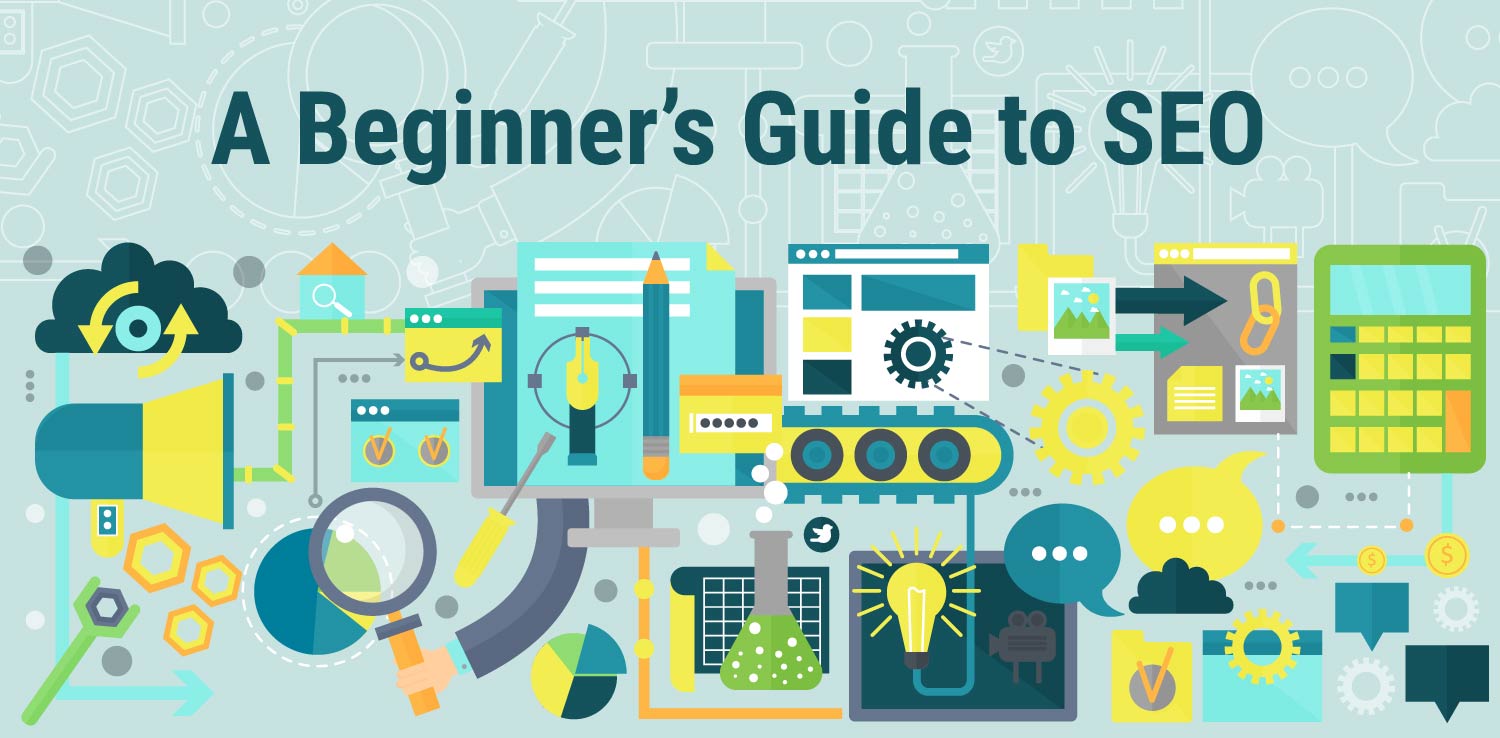A Beginners Guide to SEO

Is your website valuable to users? You’ll have to ask Google.
Google is notorious for keeping the contents of their search algorithms a secret. As it turns out, that’s the only way they can keep some marketers from abusing the complicated web of rules and rankings. Don’t despair! Follow the steps in our “Beginners guide to SEO” to start improving your website’s Search Engine Results Pages (SERP) and conversion rate.
A Beginners Guide to SEO:
Age is just a number
New information from Google tells us that domain age doesn’t factor into the Google search engine page result ranking. But we still feel that your Indexed Age (the distance between the first index, whether organic or forced, and the current date) is important, especially with brand new websites. If you haven’t set up an account with Google Search Console, we suggest you do it immediately, and force a crawl for every page on your website. If Get Online NOLA built your website, you don’t have to worry; we index all of our sites within a week of going live. (You’re welcome)
Who’s the boss (in SEO)?
Google wants to see that your website is an authority in your field by displaying a diverse web of links from you to established websites. The term Barnacle SEO was coined by Will Scott from the New Orleans based SEO firm, Search Influence. It refers to the idea of forming a bond (or link) from your site to a website that is trusted by Google in order to reap the benefits of the organic traffic surrounding that site. If you’re curious as to what a trusted site, or seed site, looks like, Google your industry. The most trusted and authoritative websites will appear on the first 2 pages of results.
Get fresh with your content
Content marketing is just one of the many aspects of Search Engine Optimization. Your website is crawled by Googlebots to index the content from your website into their database. From there, the Google gods will determine if your content is worthy of a prime ranking position. Trust me, that’s a good thing. Just as it’s important to index your website when you first go live, it’s equally as essential when you put up new content. It’s ok to be more wordy with your content if you’re marketing to other businesses or professionals in your field, but be mindful of content that lacks substance, is overloaded with keywords, or duplicate content. Again, quality over quantity.
Don’t overstuff (unless you’re a po’boy)
Including keywords in your content marketing efforts matters, and yet it doesn’t. At the end of the day, you are creating content for real people to read and experience. Google developed the Hummingbird algorithm to use Latent Semantic Indexing (LSI) software in response to the overstuffing of keywords and to determine the relationship between terms and concepts in your website’s content. This means that not only are they looking at your keywords and H1, H2, bold, etc. styling, they can also determine your use of synonyms surrounding the determined keywords.
Take it to go
Imagine a person, say someone that you have determined is your target consumer, who has decided they’re ready to purchase your product or service. Right now. From their phone. Google announced in 2015 that they would prioritize mobile-friendly sites in mobile searches, so if your website is not responsive (designed to look great on various screen sizes) you’re basically shooting yourself in the foot. Mobile searches now outnumber searches performed on a desktop computer and Google wants to make their users happy, so many web designers are beginning to design for mobile first.
I’m calling security!
A Secure Sockets Layer, or SSL, certificate provides an encrypted link between a web server (your website’s hosting provider) and a browser (that’s your user). It ensures that all of the information passed during the interaction between your user and your website remains private. While it’s not officially part of any Google algorithm, you’ll have likely noticed the Not Secure notification preceding a URL in the address bar of your browser. Google wants their users to feel safe in knowing that prying eyes aren’t trying to steal their personal information. This is already required for e-Commerce websites, but we’re sure, will be required for all websites in the near future.
Search Engine Optimization Take Away:
The bottom line is: if Google doesn’t trust you, you’ll have a very difficult time ranking on its lucrative Search Engine Results Pages (SERPs). Your search rankings won’t increase or improve overnight and your efforts may not even be measurable within 12 months if your industry is competitive.
Need help with your rankings? Contact us to get started.








